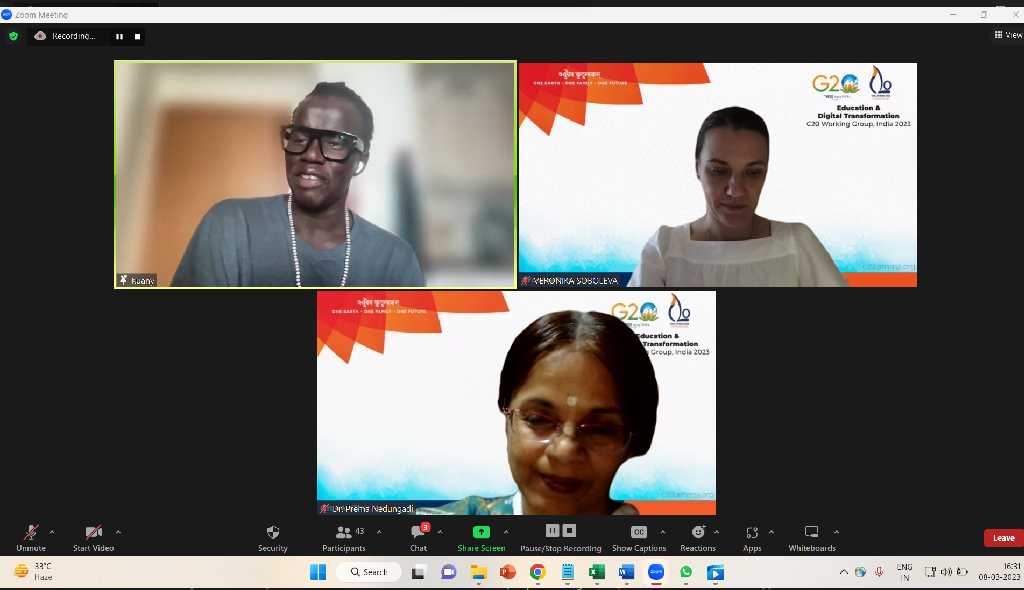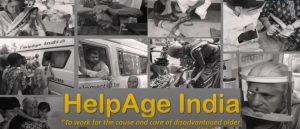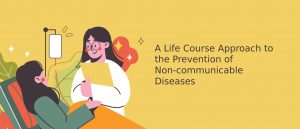Civil 20 Education and Digital Transformation Working Group organised an event, Education in Emergencies – Virtual Seminar 1. Over 76 attendees participated, with international representation from Kenya, Lebanon, and Bangladesh.
Ms. Veronika Soboleva, Director of Development, ICPC Foundation, was the moderator. She gave an introduction of the theme Education in Emergencies, describing how emergencies such as conflicts, natural disasters, and pandemics disrupt education systems and how to address these challenges. The speakers were: Ms. Kamal Gaur (India), Mr. Kuany Kiir (Iraq), Mr. Asim Latif (Pakistan), and Dr. Elizabeth Adelman (USA).
Ms. Kamal Gaur, the Deputy Director Programmes of Education, Save the Children with her twenty-eight years of experience in rural development education said that education in emergencies requires provisions of uninformed quality and learning opportunities for children.
She highlighted three essential aspects that need to be taken into consideration when it comes to education in emergencies: “One is ensuring learning, continuity, and shifting, and during emergency, shifting the learning apart from institution to home. Second is ensuring preparedness, capacity, enhancement, and system strengthening. Third, focus on both in India, regionally and globally, ensuring children are safe back to school, and they are learning.”
Ms. Gaur emphasised that to ensure continuity, equity, accessibility, and participation in emergency education, low-tech and blended learning solutions, social emotional learning should be developed, along with the use of technology-enabled education platforms. Counselling services and establishing child-friendly places during emergencies to ensure the safety of children is important.
To build emergency preparedness, education systems require capacity building of teachers, infrastructure enhancement, and a training module for a cadre of volunteers to deploy on-the-ground teaching, guarantee learning continuity, and provide psychosocial care to families, children and educators during times of crisis. Training for volunteers with NGOs is crucial since schoolteachers, admin and support staff may not be available in sufficient numbers during emergencies.
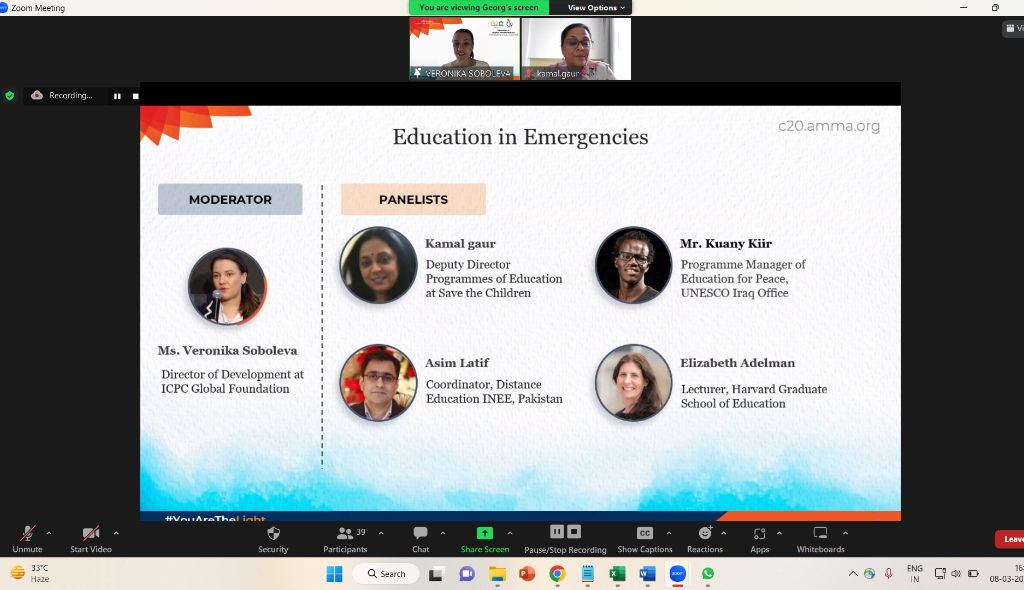
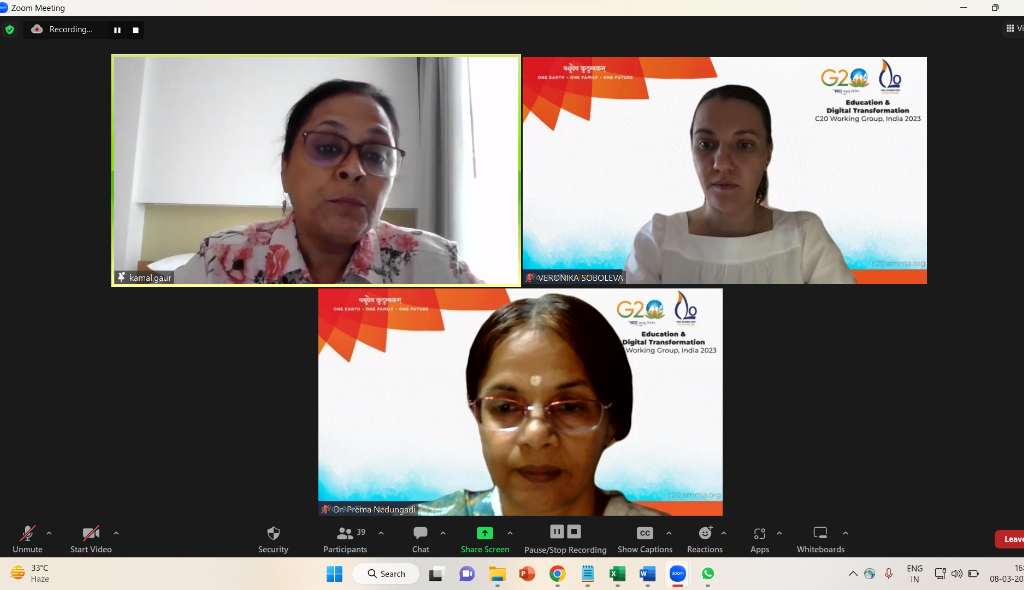
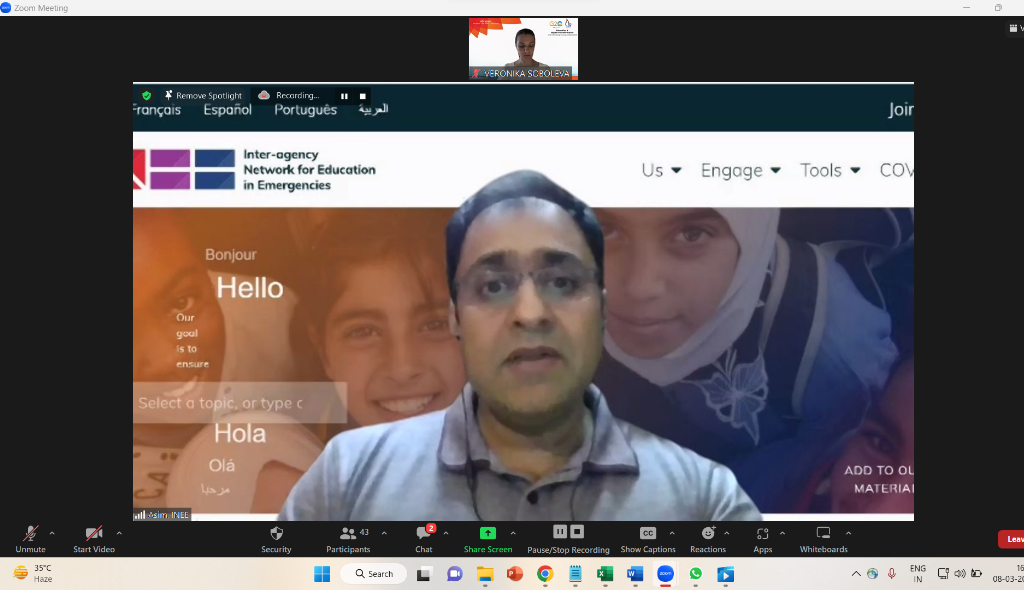
Mr. Kuany Kiir is the Programme Manager of Education for Peace at UNESCO, Iraq with experience working on-the-ground in refugee camps. He highlighted that during emergencies, communities must be mobilised, sufficient funding for education must be allocated to reach children and teachers. As well, mental health services and addressing systemic injustices and inequalities are required.
UNESCO is assisting the Iraqi administration in capacity building to emphasise the importance of peace. He said that employing an organised, action-oriented approach can help communities recuperate from disasters and improve their standard of living.
Mr. Asim Latif is the Coordinator of Distance Education, Inter-agency Network for Education in Emergencies (INEE). He manages the newly established INEE Reference Group on Distance Education. With over 12 years of experience working on large-scale donor-funded projects, he has significantly contributed to improving education quality in non-formal education, at the community and government levels. He stated that in order to address various emergency contexts, instruction must take a well-thought-out and comprehensive approach.
Dr. Elizabeth Adelman is a Technical Advisor, Research & Evaluation at FHI 360. She said: “Teachers play an important role in students’ cognitive development, obviously in their academic development of supporting prosocial behaviour, and of emotional development to help them foster positive relationships.”
She added teachers are helping create an atmosphere of safety and normalcy for students to ensure emotional healing during trying times. Society must recognise and support teachers because they shape tomorrow’s citizens.
Dr. Adelman stated: “Teachers are pillars in their community, and important actors outside of the actual education space, too, and giving them the strength and the determination to support the community will allow them to really continue to advocate for education and support the students.”
Ms. Veronika Soboleva shared the key takeaways from the session: capacity building of teachers and educational stakeholders; setting a mechanism to ensure a transition to address general and specific needs so that nobody is left behind; ensuring that teachers are well paid and trained since they facilitate response or the recovery; increasing funding for education as a mainstream emergency response; and importance of gender equality ensuring girls are receiving education and mental health and psychosocial support alongside education during emergencies.
Ms. Soboleva thanked EDT Coordinator, Dr. Prema Nedungadi, Director Amrita CREATE, and Chairperson, School of Computing, Amrita Vishwa Vidyapeetham, and the organisers for hosting the online event towards framing policy recommendations to be submitted to the G20.
